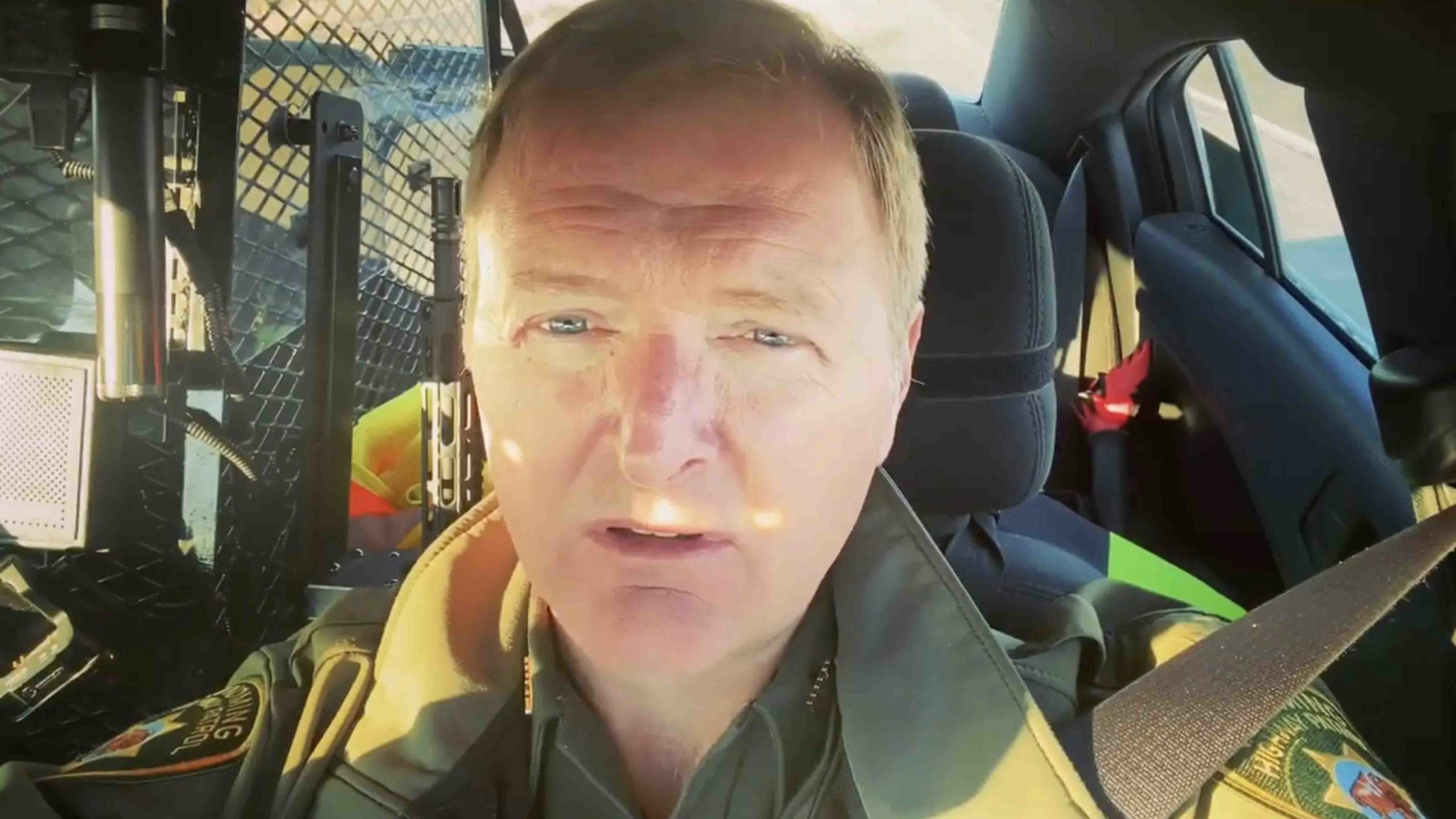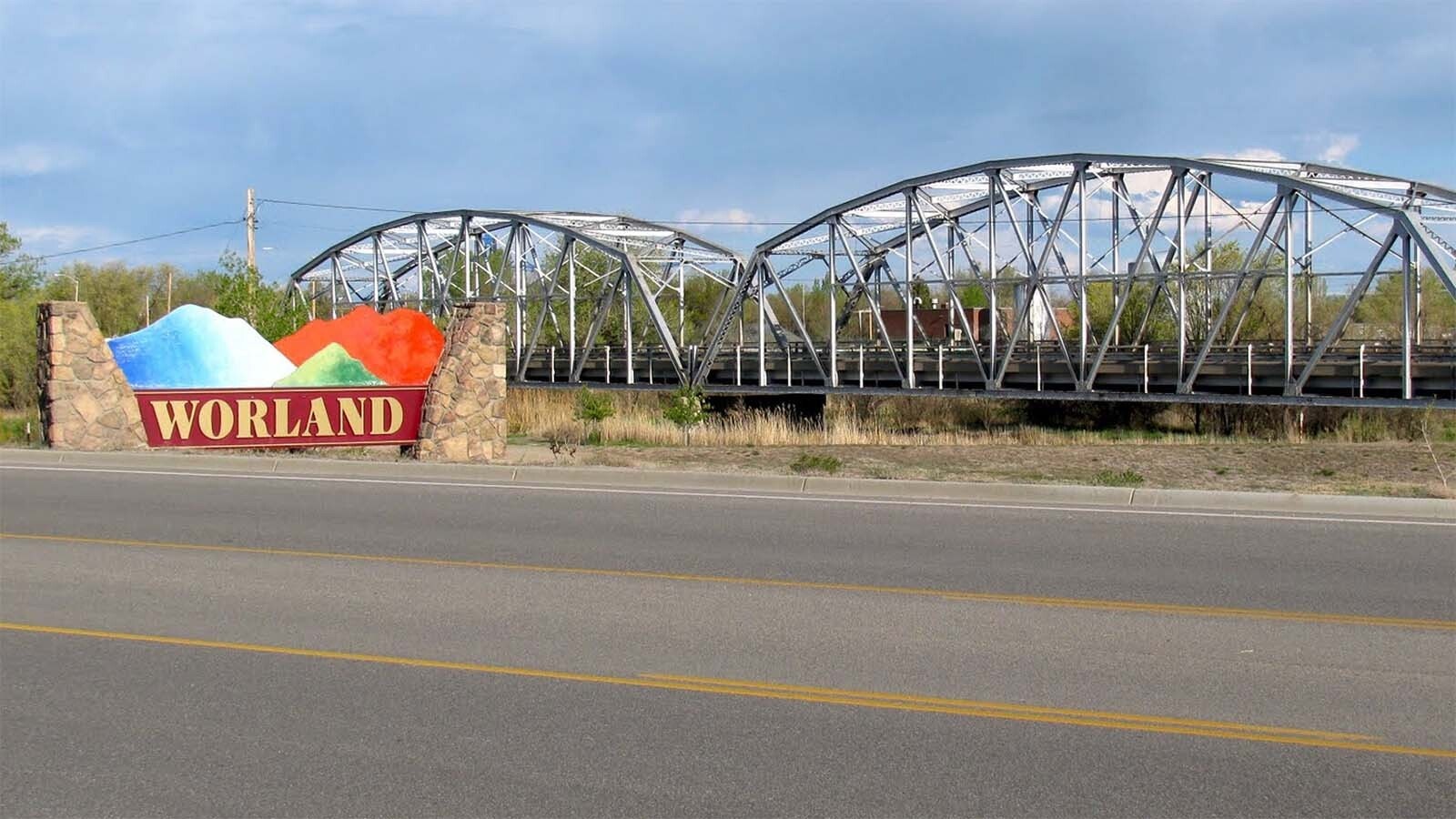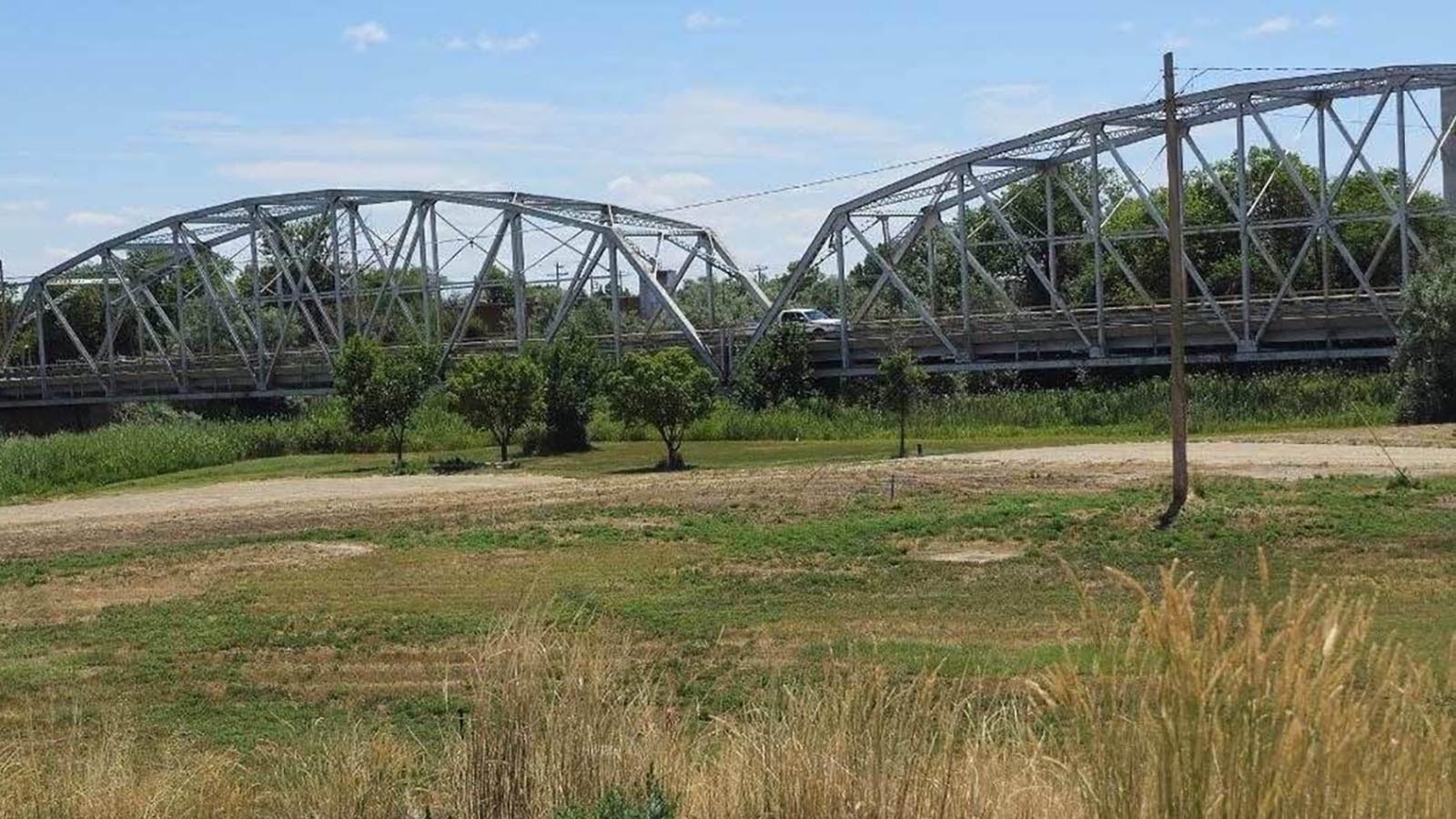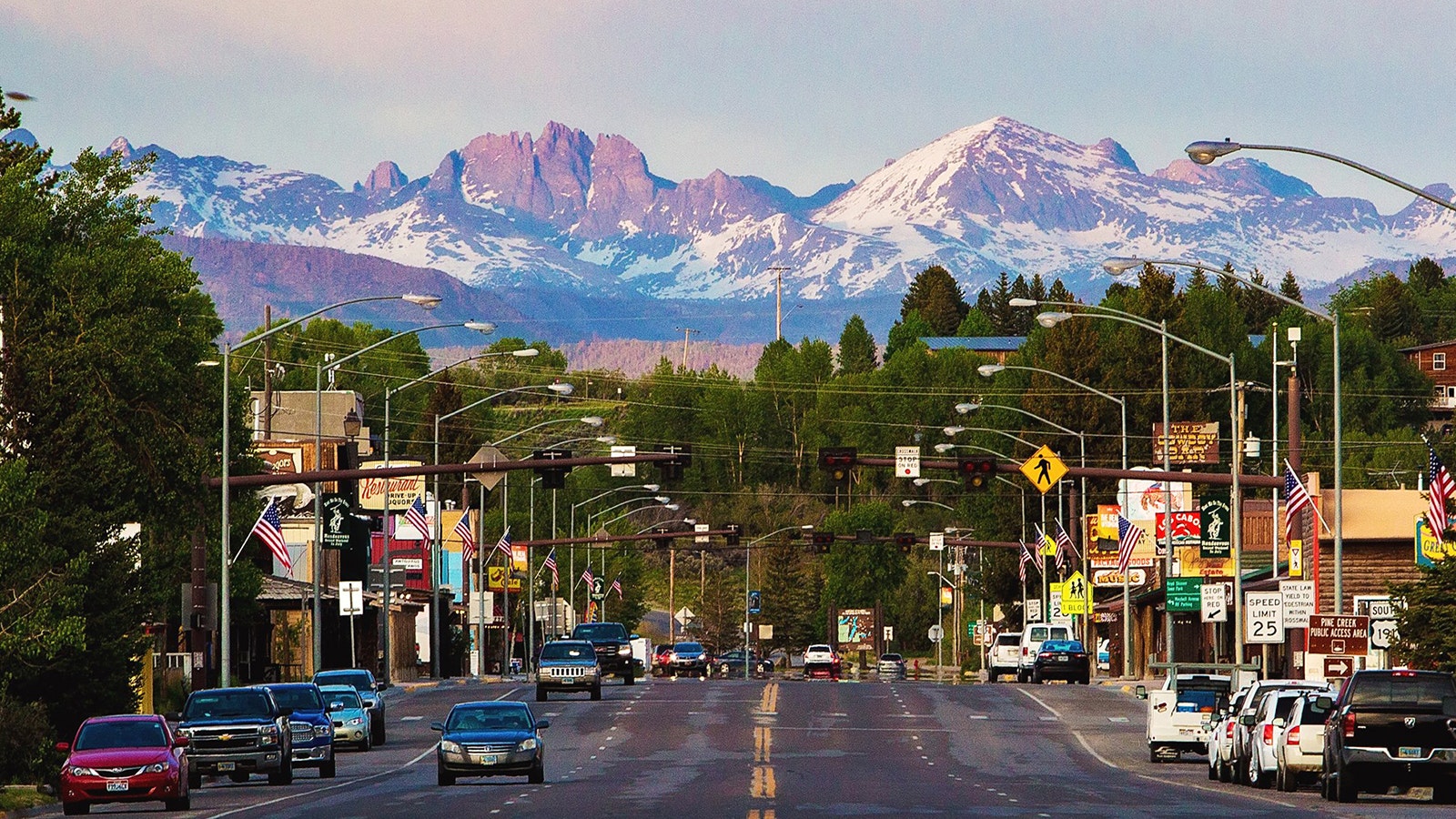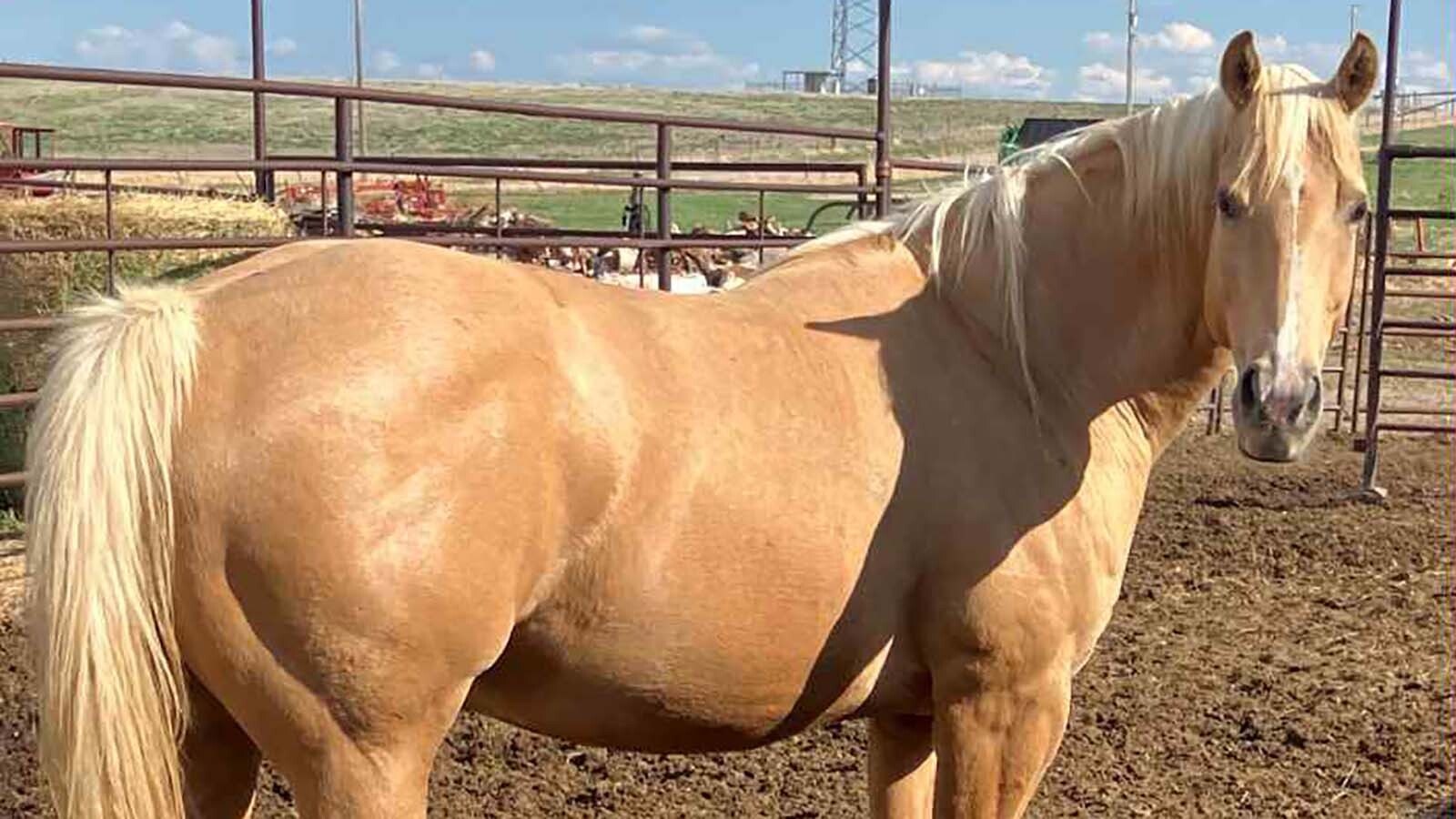By Wendy Corr, Cowboy State Daily
Emergency responders in Wyoming are increasingly reaching out for help after traumatic or stressful experiences, breaking the stigma that used to be attached to such assistance.
After the tragic death earlier this month of two teenage siblings near Powell, Wyoming Highway Patrol Trooper Randy Davis took to Facebook to express his feelings about working a crash scene involving two young people he knew personally.
“In this job, we see a lot of things that most people don’t have to see, and we deal with a lot of things that most people don’t have to deal with,” Davis told his Facebook followers. “Normally, we say, ‘Well, it’s part of the job.’ We try not to let it bother us.”
“The difference in this one was, I knew these two kids, I know their family, I’ve gone to church with them and their family,” he continued. “And it hits you a little differently sometimes when you’re close to the situation.”
Davis went on to urge his fellow officers and first responders to seek help when they feel overwhelmed – a topic he expanded on in a conversation with Cowboy State Daily.
“I think the old school way of thinking of, you know, you’ve got to tough it out, you can’t let your feelings show, you’ve got to be able to be that tough guy, or my coworkers are going to make fun of me if I feel like I need to reach out for help – I think that’s still in some departments, probably,” Davis said. “But we’re pretty fortunate here in the Highway Patrol now that they make (assistance) available to us.”
One way the Highway Patrol supports its staff is through an Employee Assistance Program, which allows troopers to access mental health care anonymously.
Treatment Necessary to Recover
Lorraine Steppe, a licensed clinical social worker with The Pines Counseling in Cody, is part of that network.
“I think most of the law enforcement agencies in the state have some type of program, where they anonymously can plug you into counselors, and you don’t have to pay for it, and you get so many sessions, and your bosses never know who’s sought treatment,” Steppe said.
“We’re increasing the amount of people who are seeking out and finding some healing,” she added. “And sometimes the help can be talking to other law enforcement people, talking to friends and family, there’s a lot of ways you can have support.”
Steppe pointed out that increasingly, first responders are encouraging each other to seek help when needed.
“What I am seeing is they are talking to each other about it, they are encouraging each other to seek help, they are supporting each other in their health,” she said. “They’re even taking each other to appointments. There is a lot of talk and support around normalizing seeking mental health treatment. And it is something that we haven’t seen in years.”
“I honestly can’t count on, probably, two hands the other troopers or officers that have either messaged me or reached out and said, ‘Hey, man, you doing OK?’” Davis said of the recent tragedy. “So I think some of that mentality is, thankfully, starting to go away.”
“What you’re seeing, I think, is a change in how people are viewing, and seeking mental health,” Steppe said.
Need For Trauma Specialists
Brian Kozak, the former police chief for the City of Cheyenne, said that in his early years in law enforcement, he saw firsthand the damage stress and trauma could inflict on first responders.
“I used to work for the Mesa, Arizona, police department,” he said. “And it was a fairly large department, but I lost a few people that I worked with to suicide. A couple of my sergeants, and one in my command when I was a lieutenant.”
Kozak said in part because of those experiences, he implemented support programs in the Cheyenne Police Department when he led that division.
“When I came to Cheyenne to be chief, one of the first things we implemented was a very robust peer support team, which was led by a police psychologist,” he said. “The police psychologist would do training with all the officers on stress management at least twice a year.”
Law Enforcement Suicides
However, Kozak said that attitude isn’t necessarily present in every first responder agency in Wyoming, which is why he is hosting two fundraisers this spring to raise money for wellness programs focused on preventing suicides.
“In 2020, we lost two police officers to suicide – one in Casper and one in the Douglas Police Department,” he said. “And I think now it’s starting to hit home with first responders and law enforcement in the state that this is something we need to really talk about. Don’t be afraid anymore. Let’s talk about suicide, and how do we fight suicide.
“You know, it’s tough with law enforcement,” Kozak added. “You know, you tend to suck it up and deal with the things that you see, but that builds up over the years. And that’s why we really have to promote that, you need to get it off your chest and start talking about it.”

